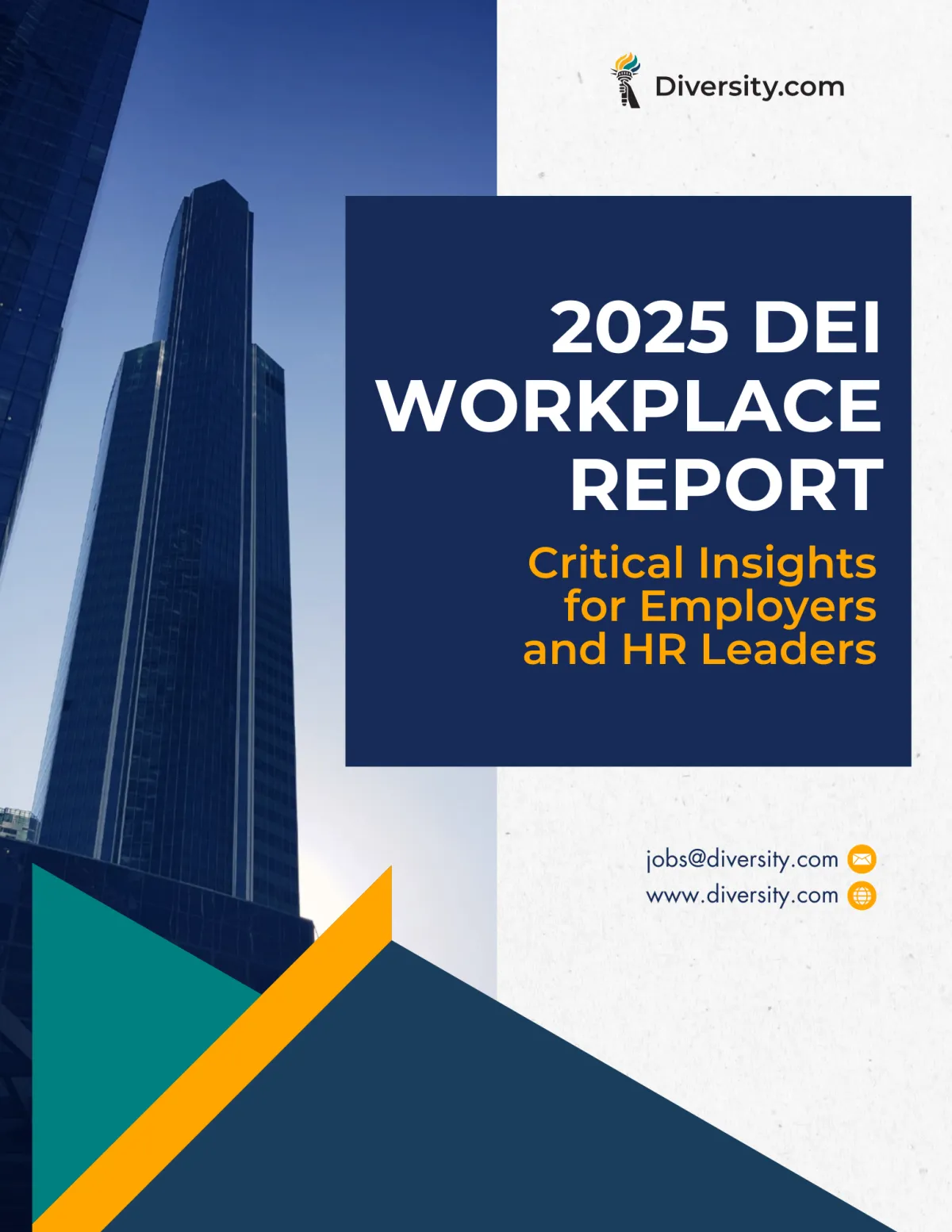
The Role of DEI in Modern Recruitment: Trends Employers Should Know
Diversity, Equity, and Inclusion (DEI) have become integral to modern recruitment strategies, shaping how employers attract, hire, and retain talent.
As workplaces evolve, employers must stay ahead of DEI hiring trends to build inclusive, high-performing teams and appeal to diverse job seekers.
This article explores key DEI recruitment trends in 2025, why they matter, and how companies can adapt their hiring strategies to remain competitive.
1. The Shift Toward Skills-Based Hiring
Traditional hiring practices have often prioritized degrees and previous job titles, but modern recruitment is shifting towards a skills-first approach. Employers are recognizing that:
✅ Skills-based hiring increases candidate diversity – Many underrepresented candidates gain expertise through alternative education, bootcamps, and self-learning.
✅ It reduces bias in hiring – Focusing on measurable skills helps eliminate unconscious bias tied to background, university prestige, or past employers.
✅ It expands the talent pool – Employers can tap into a wider range of qualified candidates beyond traditional career paths.
Real-World Example: IBM’s Shift to Skills-Based Hiring
IBM has been at the forefront of skills-based hiring, removing degree requirements for nearly half of its U.S. job postings and focusing on skills certifications and practical experience instead.
The company has expanded hiring pipelines to include candidates from non-traditional backgrounds, such as coding boot camps and community colleges.
This strategy has resulted in a more diverse and capable workforce. (McKinsey)
🔎 How to Adapt:
Use skills assessments and competency-based interviews instead of relying solely on resumes.
Implement blind hiring practices to focus on qualifications over personal identifiers.
Partner with skills development organizations that support diverse talent pipelines.
2. The Growing Demand for Inclusive Job Descriptions & AI Screening Fairness
Many companies unintentionally exclude diverse candidates through biased job descriptions or AI-driven hiring tools that lack inclusivity.
Common DEI Pitfalls in Job Descriptions & AI Screening
🚨 Unconscious bias in language – Phrases like “aggressive salesperson” or “rockstar developer” may discourage some applicants.
🚨 Strict degree or experience requirements – Disqualifies candidates who have relevant skills but followed non-traditional career paths.
🚨 AI screening biases – Some recruitment AI tools have been found to favor certain demographic groups over others.
Study on AI Bias in Recruitment
A 2024 Nature study found that AI hiring tools can reinforce racial and gender bias, particularly when trained on historically imbalanced data sets.
Algorithms used in resume screening, candidate ranking, and interview assessments were shown to prefer candidates from dominant demographic groups, creating further challenges for workplace diversity. (The Muse)
🔎 How to Adapt:
Use inclusive language analysis tools (e.g., Textio) to identify and remove biased phrasing.
Regularly audit AI-powered recruitment software to ensure fair and unbiased candidate evaluations.
Implement structured, competency-based interview questions to ensure fairness.
3. Pay Transparency & Equitable Compensation in Job Postings
In response to new pay transparency laws and employee expectations, more companies are being upfront about salary ranges.
Why Pay Transparency Matters for DEI
✅ Reduces pay gaps – Transparent salaries help close gender, racial, and socioeconomic pay disparities.
✅ Builds trust with candidates – Job seekers are more likely to apply for roles with clear compensation details.
✅ Boosts employer brand – Companies known for fair pay practices attract top diverse talent.
🔎 How to Adapt:
Clearly state salary ranges in all job postings.
Conduct regular pay audits to ensure fair compensation across demographics.
Offer equal pay for equal work, adjusting outdated salary structures.
4. Employee Resource Groups (ERGs) as a Recruitment Tool
ERGs are becoming a key differentiator for companies looking to attract and retain diverse talent. These employee-led groups provide:
✅ A sense of belonging for underrepresented employees
✅ Mentorship and professional development opportunities
✅ Insights into how companies can improve DEI efforts
🔎 How to Adapt:
Highlight ERGs in job descriptions and employer branding materials.
Involve ERG leaders in candidate outreach and recruitment events.
Use ERG feedback to refine hiring practices and workplace policies.
5. The Role of DEI in Remote & Hybrid Work Models
With the rise of remote and hybrid work, employers must ensure inclusion beyond the physical office.
Key DEI Considerations in Hybrid Work
🚨 Proximity bias in promotions & leadership access – Remote employees may have fewer opportunities to network and advance.
🚨 Unequal access to resources – Employees from lower-income backgrounds may lack home-office setups that support productivity.
🚨 Diversity in leadership decisions – Hybrid work policies should reflect the needs of all employees, not just in-office staff.
🔎 How to Adapt:
Ensure equal career growth opportunities for remote and in-office employees.
Provide stipends for home-office setups to support economic equity.
Use inclusive meeting policies (e.g., virtual-first approach, closed captions) to ensure accessibility.
Final Thoughts: The Future of DEI in Recruitment
DEI in recruitment is evolving, with skills-based hiring, fair AI screening, pay transparency, ERGs, and hybrid work equity emerging as defining trends.
Employers who proactively implement these strategies will not only attract top diverse talent but also build inclusive workplaces where employees thrive.
Future Predictions: Where DEI Hiring is Headed
AI hiring tools will require stronger regulatory oversight to ensure fairness and eliminate bias.
DEI metrics will be embedded into business performance evaluations, making inclusion a core business success factor.
Employers will prioritize cultural competency and emotional intelligence in leadership hiring, ensuring inclusive management teams.
Virtual reality (VR) and AI-driven recruitment will create new ways to assess candidate skills and fit, reducing traditional biases.
Key Takeaways:
✅ Skills-based hiring expands access to diverse talent pools.
✅ Inclusive job descriptions & AI fairness reduce hiring biases.
✅ Pay transparency fosters trust and equity.
✅ ERGs serve as a powerful recruitment and retention tool.
✅ Hybrid work must be designed for inclusion and equity.
🚀 Enhance Your DEI Hiring Strategy Today!
💼 Employers: Ready to attract top diverse talent? Post inclusive job listings on Diversity.com today!
🔎 Job Seekers: Looking for an employer who values inclusion? Browse DEI-focused job openings now!

